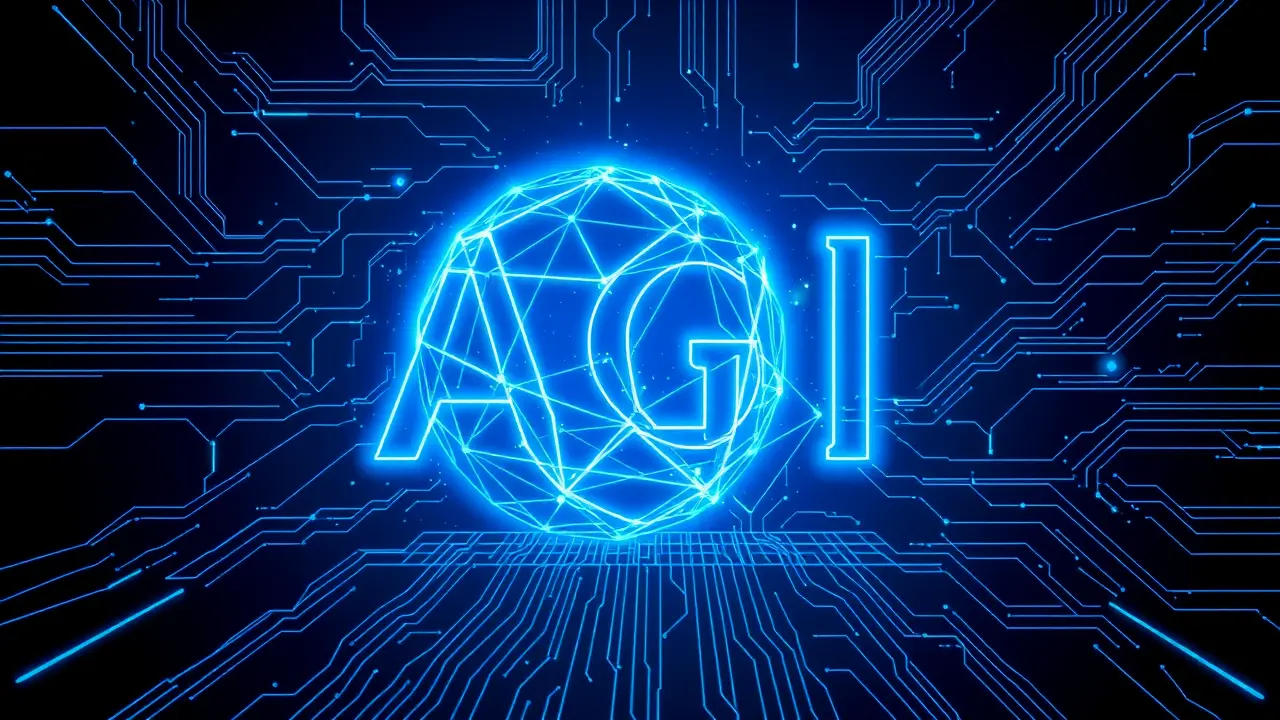
AIai safety & ethicsLong-Term Risks and AGI
Microsoft OpenAI Deal Sheds Light on AGI Timeline Beliefs
DA
Daniel Reed
5 hours ago7 min read
The recent renegotiation of the Microsoft-OpenAI partnership, culminating in a late October announcement, represents far more than a simple contractual update; it is a profound signal from the epicenter of AI development about the perceived trajectory toward artificial general intelligence. To understand the gravity of this shift, one must rewind to the foundational 2019 pact, a deal struck when OpenAI was a formidable research lab but not yet the global powerhouse it is today.In that agreement, Microsoft committed to supplying near-exclusive, vast computational resources—the lifeblood of modern AI—in exchange for licensing rights to OpenAI's technology. The critical escape clause, the point at which this arrangement could fundamentally reset, was the arrival of AGI, that long-theorized horizon where an AI system can perform any intellectual task a human can, generalizing its knowledge beyond narrow training.This clause was a bet on an uncertain future, a placeholder for an event whose definition is as contested as its timeline. The fact that this clause has now been effectively neutered, with Microsoft's IP rights secured through 2032 and extended to include 'models post-AGI,' is a staggering capitulation on the part of the tech giant, or perhaps a calculated strategic pivot.It suggests that after investing over $13 billion and integrating OpenAI's models into the very fabric of its product suite, from Copilot to Azure, Microsoft could no longer tolerate the existential business risk of a unilateral 'AGI declaration' by its partner. The commercial reality is that the most advanced AI models are already becoming indispensable infrastructure, and the prospect of losing access to their future iterations based on a debatable philosophical milestone was untenable.This move illuminates a core tension in the AGI discourse: the conflict between its theoretical, almost mystical, promise and the hard-nosed demands of corporate governance and market certainty. As researcher Michael Veale from University College London astutely notes, the original clause was likely scrapped because it was 'too gameable.' AGI lacks a verifiable, objective test; it's a concept vulnerable to declaration by fiat, and in a partnership worth tens of billions, such ambiguity is a poison pill. The new agreement attempts to patch this vulnerability by introducing an 'independent expert panel' to verify any future AGI declaration, a move that broadens accountability but also institutionalizes the debate, potentially creating a new arena for scientific and corporate politicking.This practical snag, as Professor Catherine Flick of the University of Staffordshire points out, is fundamental: 'How do you even verify AGI?' The goalposts are perpetually moving. What seemed like AGI a decade ago is now a routine narrow AI task.Professor Alessandra Russo of Imperial College London reinforces this, observing that 'people are always moving the posts a little bit further back,' a testament to our growing appreciation for the vast, messy complexity of human cognition. Both Flick and Russo see this contractual shift less as a belief in AGI's imminence and more as a necessary mechanism to sustain the hype cycle and justify the astronomical capital expenditures required to stay in the AI arms race.It's a 'mutually sustaining confidence boost,' as Flick describes it, designed to steady nerves across the global AI supply chain and ensure the flow of investment continues even as tangible progress toward true generality advances incrementally, not exponentially. Yet, publicly, the narrative from the top remains one of accelerating timelines.Sam Altman's January blog post explicitly stated the world is 'closer to AGI,' while Microsoft AI CEO Mustafa Suleyman, though more measured, has publicly pegged its arrival within five to seven years. This dissonance between internal contractual safeguards and external optimistic prognostication is telling.It reveals a industry navigating a dual reality: one for investors and the public, filled with the promise of transformative intelligence, and another for the boardrooms and legal teams, where the paramount concern is mitigating the colossal financial risks of an undefined and unverifiable technological singularity. The dissolution of the AGI clause is therefore a landmark moment in the commercialization of AI.It marks a transition from a era of speculative, frontier-style partnership to one of mature, long-term industrial consolidation. The dream of AGI remains the north star, but the path is now being paved with the pragmatic concrete of intellectual property law and commercial certainty, suggesting that for the architects of this future, the journey is expected to be far longer and more complex than their public pronouncements might imply.
#Microsoft
#OpenAI
#AGI
#partnership
#AI safety
#featured
Stay Informed. Act Smarter.
Get weekly highlights, major headlines, and expert insights — then put your knowledge to work in our live prediction markets.
© 2025 Outpoll Service LTD. All rights reserved.